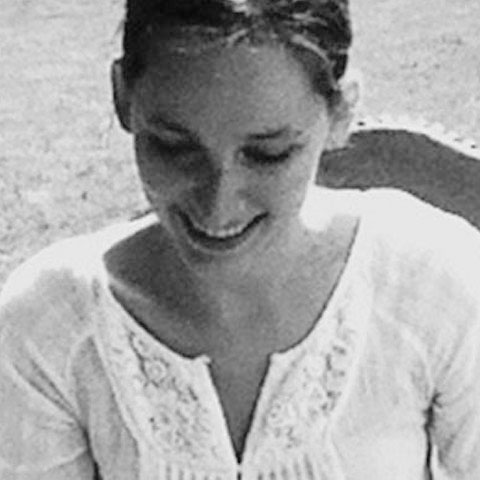KLI Colloquia are invited research talks of about an hour followed by 30 min discussion. The talks are held in English, open to the public, and offered in hybrid format.
Fall-Winter 2025-2026 KLI Colloquium Series
Join Zoom Meeting
https://us02web.zoom.us/j/5881861923?omn=85945744831
Meeting ID: 588 186 1923
25 Sept 2025 (Thurs) 3-4:30 PM CET
A Dynamic Canvas Model of Butterfly and Moth Color Patterns
Richard Gawne (Nevada State Museum)
14 Oct 2025 (Tues) 3-4:30 PM CET
Vienna, the Laboratory of Modernity
Richard Cockett (The Economist)
23 Oct 2025 (Thurs) 3-4:30 PM CET
How Darwinian is Darwinian Enough? The Case of Evolution and the Origins of Life
Ludo Schoenmakers (KLI)
6 Nov (Thurs) 3-4:30 PM CET
Common Knowledge Considered as Cause and Effect of Behavioral Modernity
Ronald Planer (University of Wollongong)
20 Nov (Thurs) 3-4:30 PM CET
Rates of Evolution, Time Scaling, and the Decoupling of Micro- and Macroevolution
Thomas Hansen (University of Oslo)
RESCHEDULED: 18 Dec (Thurs) 3-4:30 PM CET
Chance, Necessity, and the Evolution of Evolvability
Cristina Villegas (KLI)
8 Jan 2026 (Thurs) 3-4:30 PM CET
Embodied Rationality: Normative and Evolutionary Foundations
Enrico Petracca (KLI)
15 Jan 2026 (Thurs) 3-4:30 PM CET
On Experimental Models of Developmental Plasticity and Evolutionary Novelty
Patricia Beldade (Lisbon University)
29 Jan 2026 (Thurs) 3-4:30 PM CET
Jan Baedke (Ruhr University Bochum)
Event Details

Topic description:
Humans possess an elaborate set of cognitive and behavioral mechanisms in order to establish and maintain social bonds in groups of various sizes. Attention has until now mainly focused on topics such as language and ritual, but little is known about the role of material artifacts. Here, we test whether the joint observation of non-aesthetic utility versus intentional art objects alters within-group cooperation in previously established groups, depending on whether the artifacts are markers of in-group or out-group identity. We find evidence that the observation of art objects leads to significantly higher within-group cooperation compared with utility objects. Cooperation is also positively affected if the objects refer to in-group identity. In sum, our results indicate that social bonding is enhanced by material references to the in-group, and by the aesthetic nature of these objects, providing insight into the debate on the evolution of visual arts.
Biographical note:
Eveline Seghers is a fellow of the Research Foundation Flanders (FWO) and a graduate student in the Department of Art, Music and Theatre Studies at Ghent University (Belgium). She holds degrees in art history, world art studies, and cultural anthropology (BA & MA, Ghent University), and in biological anthropology (MSc, University College London). Her ongoing PhD work discusses methodological and conceptual issues and questions in the evolutionary study of visual art. She has written on the relationship between evolutionary and philosophical aesthetics, the current state of evolutionary psychological research on art, and the use of cross-species comparison. Her current research focuses on the cognitive foundations of various kinds of prehistoric art, and on non-adaptationist approaches to the origins of art. *Co-authored by Delphine De Smet (Ghent University)


